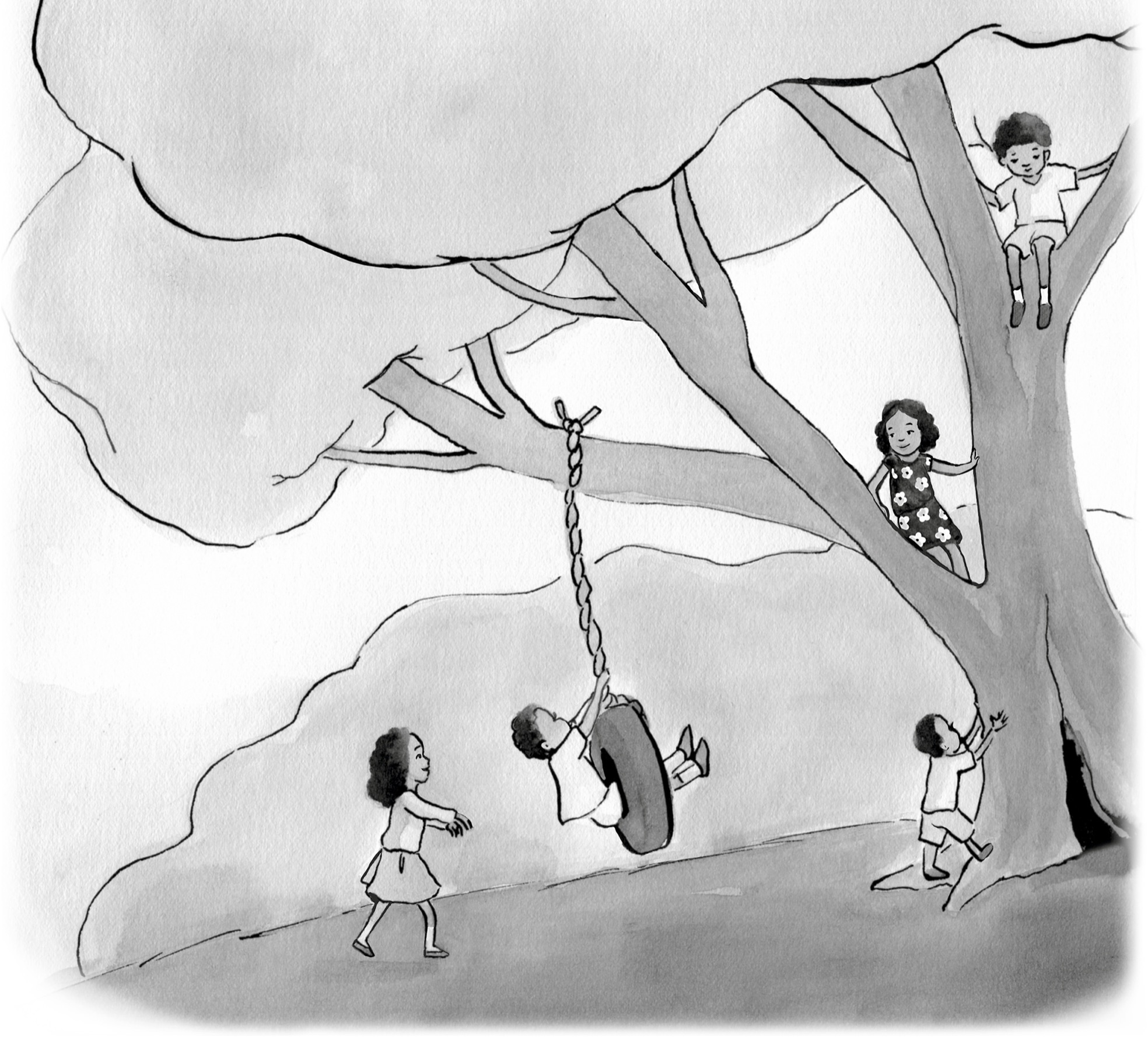PHILOMEL BOOKS
An imprint of Penguin Random House LLC, New York

First published in the United States of America by Philomel Books, an imprint of Penguin Random House LLC, 2022
Text copyright 2022 by Chelsea Clinton.
Illustrations copyright 2022 by Alexandra Boiger.
Penguin supports copyright. Copyright fuels creativity, encourages diverse voices, promotes free speech, and creates a vibrant culture. Thank you for buying an authorized edition of this book and for complying with copyright laws by not reproducing, scanning, or distributing any part of it in any form without permission. You are supporting writers and allowing Penguin to continue to publish books for every reader.
Philomel Books is a registered trademark of Penguin Random House LLC.
Visit us online at penguinrandomhouse.com.
Library of Congress Cataloging-in-Publication Data is available.
HC ISBN 9780593353509
PB ISBN 9780593353523
Ebook ISBN 9780593353516
Cover art 2017 by Alexandra Boiger
Design by Ellice Lee
Edited by Jill Santopolo and Talia Benamy.
Design by Ellice M. Lee, adapted for ebook by Michelle Quintero
The publisher does not have any control over and does not assume any responsibility for author or third-party websites or their content.
pid_prh_6.0_138897311_c0_r0
 For
For 
my mom, grandmothers, aunts and all of the sheroes whose shoulders I stand on. Thank you for your commitment, brilliance and love.
She Persisted: MARIAN ANDERSON
She Persisted: VIRGINIA APGAR
She Persisted: NELLIE BLY
She Persisted: RUBY BRIDGES
She Persisted: CLAUDETTE COLVIN
She Persisted: ROSALIND FRANKLIN
She Persisted: TEMPLE GRANDIN
She Persisted: FLORENCE GRIFFITH JOYNER
She Persisted: HELEN KELLER
She Persisted: CORETTA SCOTT KING
She Persisted: CLARA LEMLICH
She Persisted: MAYA LIN
She Persisted: WANGARI MAATHAI
She Persisted: WILMA MANKILLER
She Persisted: PATSY MINK
She Persisted: SALLY RIDE
She Persisted: MARGARET CHASE SMITH
She Persisted: SONIA SOTOMAYOR
She Persisted: MARIA TALLCHIEF
She Persisted: DIANA TAURASI
She Persisted: HARRIET TUBMAN
She Persisted: OPRAH WINFREY
She Persisted: MALALA YOUSAFZAI
Dear Reader,
As Sally Ride and Marian Wright Edelman both powerfully said, You cant be what you cant see. When Sally said that, she meant that it was hard to dream of being an astronaut, like she was, or a doctor or an athlete or anything at all if you didnt see someone like you who already had lived that dream. She especially was talking about seeing women in jobs that historically were held by men.
I wrote the first She Persisted and the books that came after it because I wanted young girlsand children of all gendersto see women who worked hard to live their dreams. And I wanted all of us to see examples of persistence in the face of different challenges to help inspire us in our own lives.
Im so thrilled now to partner with a sisterhood of writers to bring longer, more in-depth versions of stories of womens persistence and achievement to readers. I hope you enjoy these chapter books as much as I do and find them inspiring and empowering.
And remember: If anyone ever tells you no, if anyone ever says your voice isnt important or your dreams are too big, remember these women. They persisted and so should you.
Warmly,
Chelsea Clinton
TABLE OF CONTENTS
CHAPTER 1
Strong Roots
Named after her grandma Cora, Coretta Scott came into the world connected to a deep legacy of faith, bravery and belief in the importance of education. Everyone knew she was destined for something special. But no onenot even her parents or Coretta herselfcould imagine that one day her voice and strength would inspire people around the world.
Born on April 27, 1927, at home in Perry County, Alabama, Coretta was the child of Obadiah (Obie) Scott and Bernice McMurry Scott. They lived on family land in a house her father had built. Surrounded by the power of people who loved her, Coretta felt safe and protected. But outside the safety of their home, there were dangers everywhere.
In Alabama and throughout the South, segregationracist laws that separated Black and white peoplewas the rule. Being Black meant you had to drink from Colored water fountains, go through back doors of businesses and restaurants and only be served after whites were. You were called hateful names and faced the danger of being hurt or killed because of the color of your skin. The weight of oppression was as thick as summer Alabama air. But the Scotts surrounded their kids with the winds of possibility.
In their proud Black community with family all around, there was a history of land ownership, hard-won and passed on. The Scotts knew land was a complicated issue full of injustice. The forced removal of the Muscogee people from their homelands and the terrible institution of slavery built wealth for some people while keeping others down. Decades later, many families who lived near Corettas didnt own land and had little money. The unfairness broke Corettas heart.
But being with her family brought her joy. She dreamed and explored as she played with her big sister Edythe, little brother, Obie Leonard, and cousins. She climbed trees, swung on tire swings, and wrestled boys. She was imaginative and strongand proud of it.
We were much better off when we created our own games rather than things you buy from the store, she said.
Sometimes Coretta would gaze in the mirror and wonder what she would be one day. She believed that God put everyone on Earth for a reason. What was her purpose?
Coretta found direction and inspiration in her heroesher parents. Her mom had only finished fourth grade, and her dad one year of high school, but they were the smartest and most honorable people she knew. Her father owned his own truck and hauled lumber for a local sawmill company, and by making his own way in the world, he showed her what it meant to be independent and creative. Her mom, a seamstress and homemaker, instilled in Coretta and her siblings the value of faith, education, artistry and hard work.
Little Coretta helped her sister take care of the vegetables and feed the cows, chickens and hogs on their family farm. When she got older, Coretta and Edythe worked for a white farmer to help pay for their schooling. Unlike white students in their area, Black families had to pay for books. When the sun woke up, the Scott sisters started picking cotton with the heat beating on their backs. The days were long, tough and tiring. The sisters didnt finish until the sun went to bed. But Coretta put her all into it. She knew this work was a path to something more.

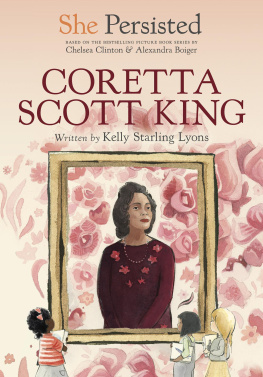
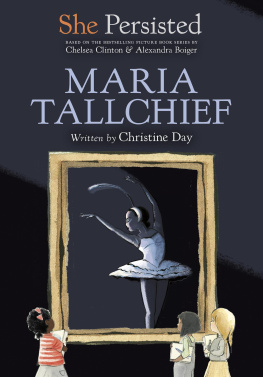
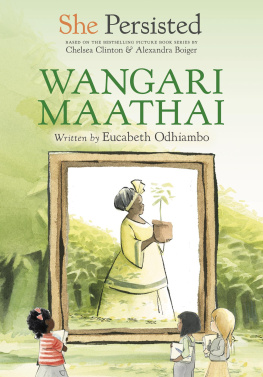
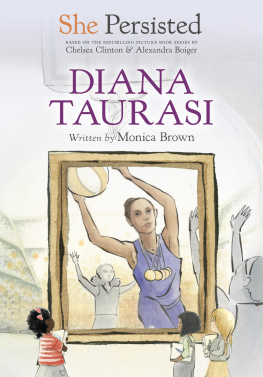
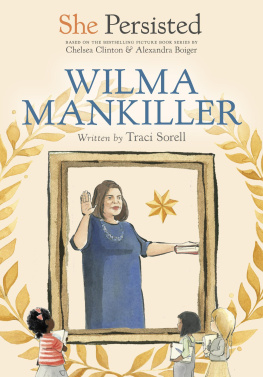
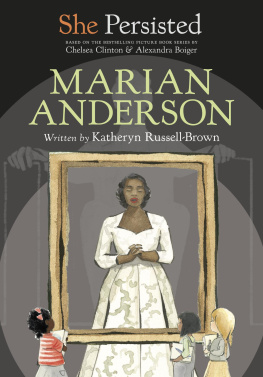
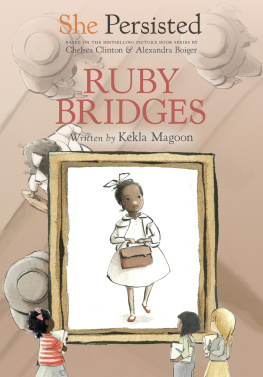
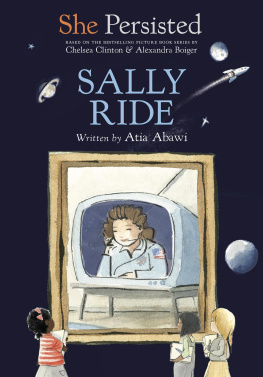
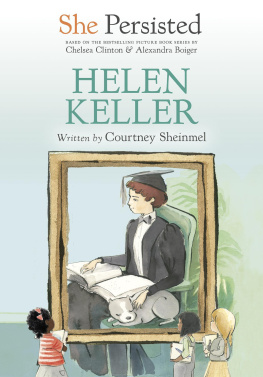
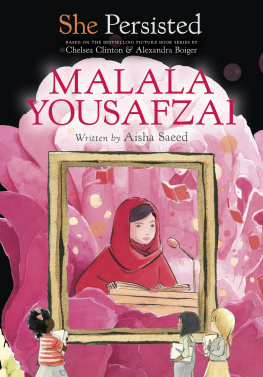
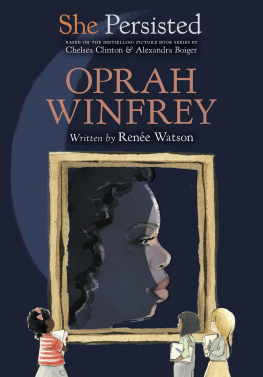
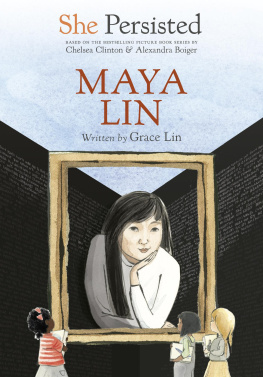
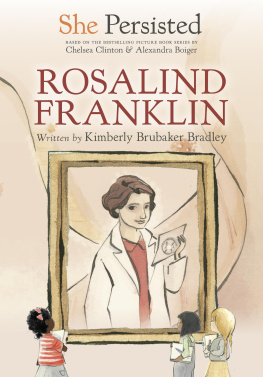
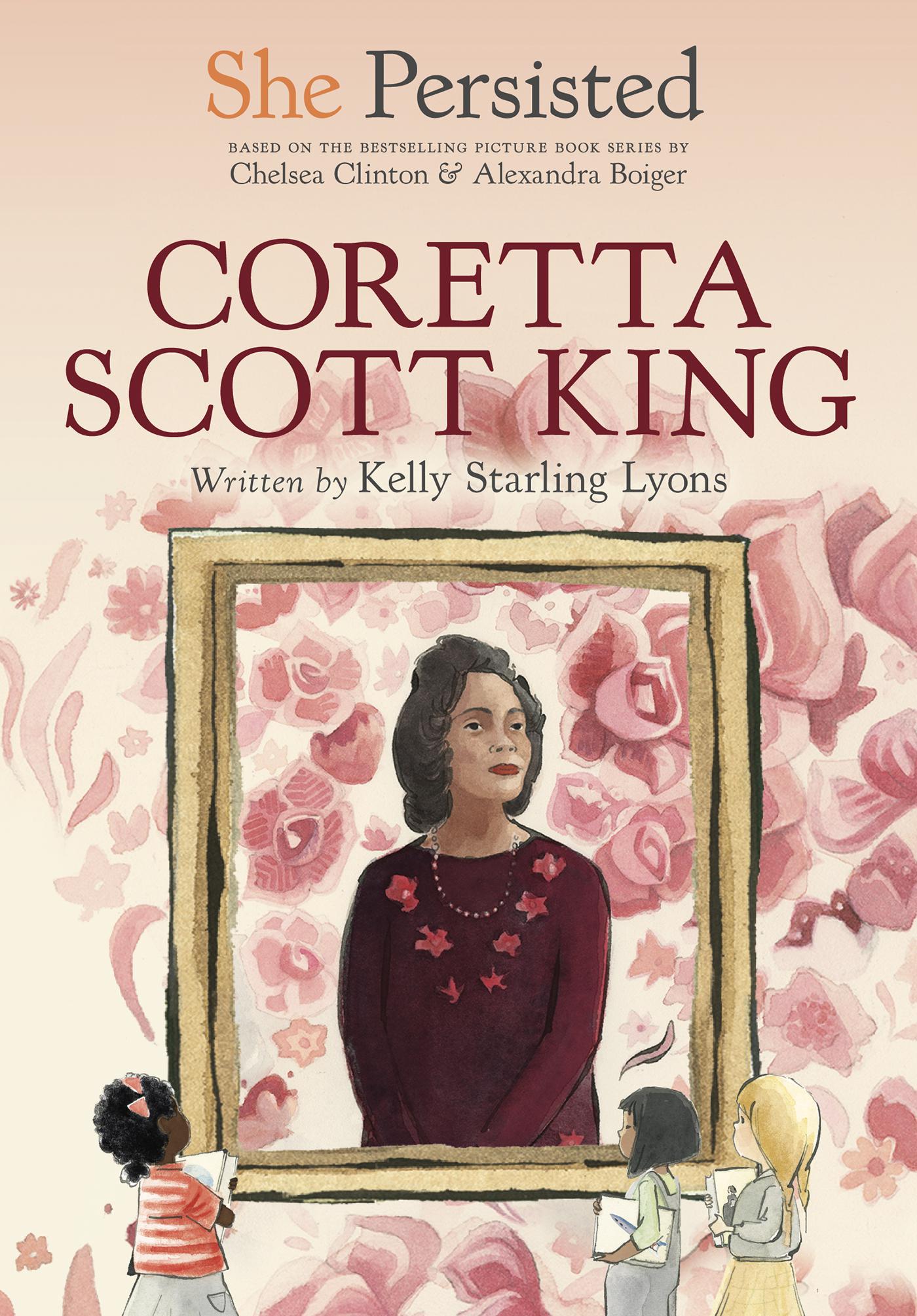
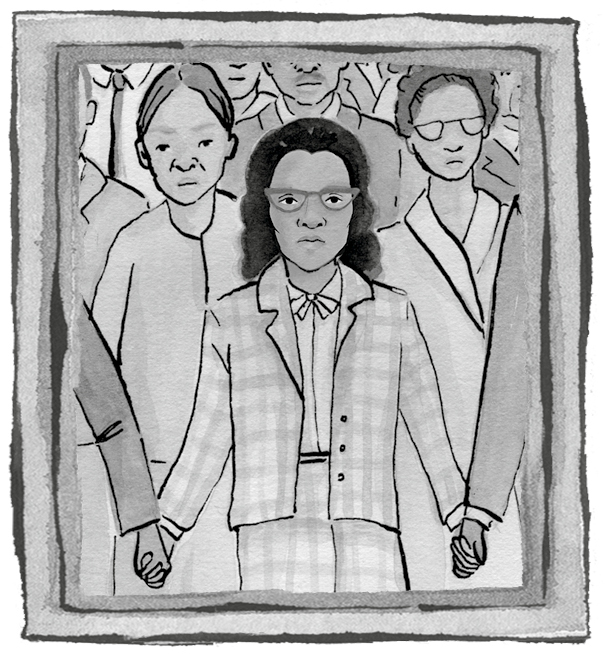
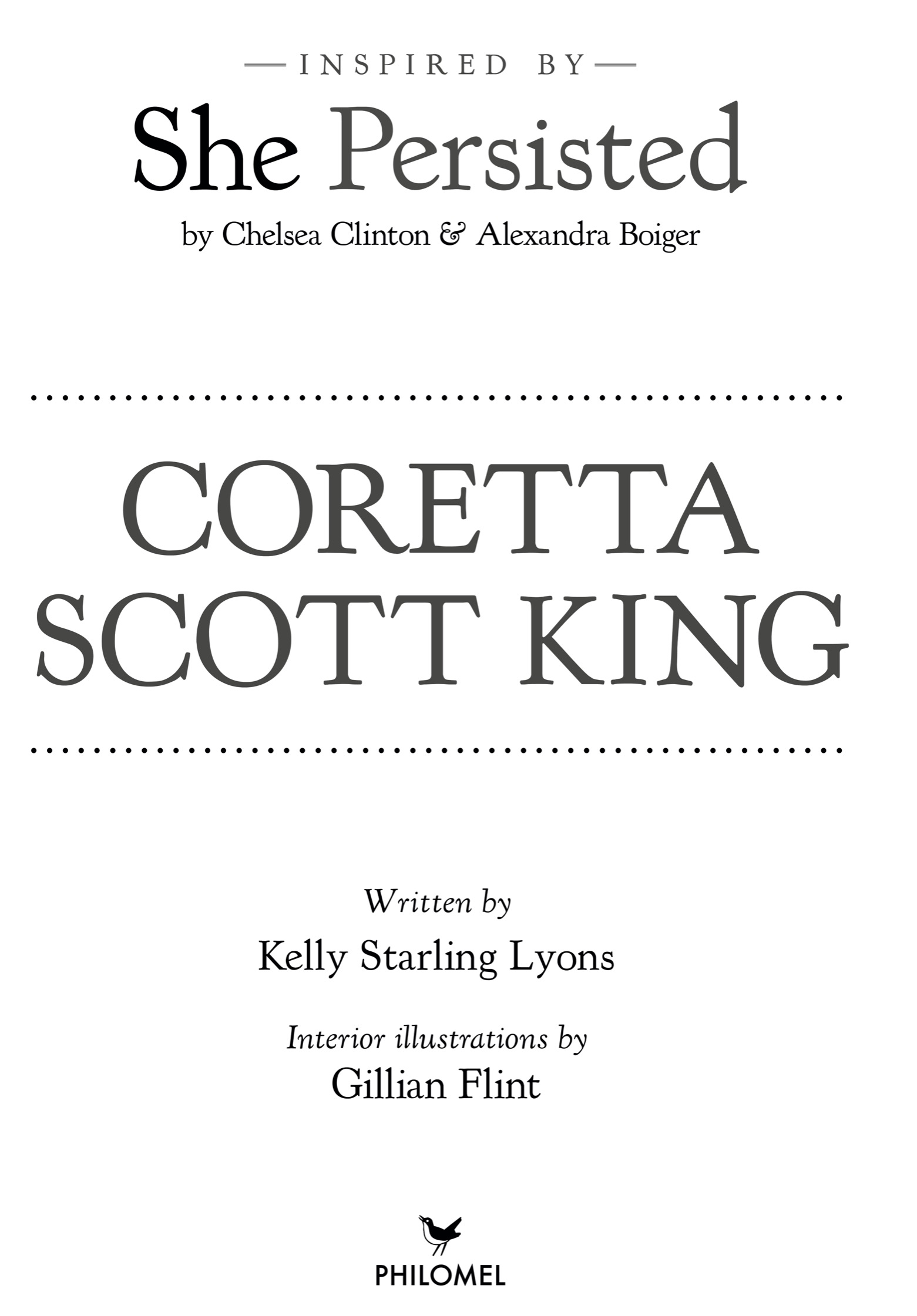

 For
For 

